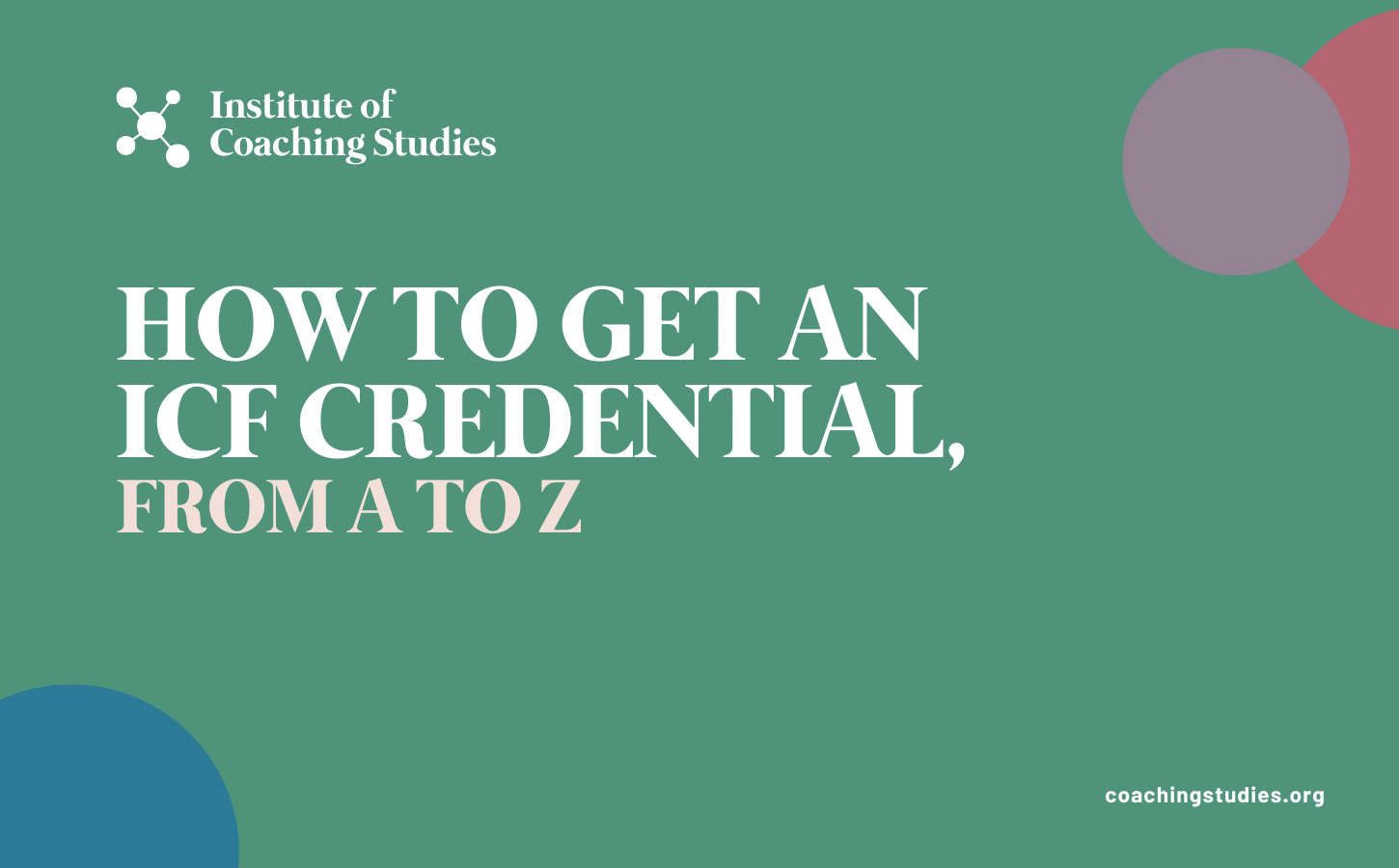One of the most important factors that make coaching so powerful is the trust established between the coach and the client. The client knows they can open up about the challenges they face and they can be vulnerable with their coach who’s there as a support. This trust in their coach and in the process of coaching is based on confidentiality.
Keeping information about the clients and their topics confidential is key to the success of the coaching.
However, coach-client privilege doesn’t exist, so saying “our sessions are fully confidential” to your clients isn’t actually accurate, and could even put you in a difficult position.
In this article, we are going to explore the different scenarios where a coach has to break confidentiality.
WHAT THE PROFESSIONAL ORGANISATIONS SAY
In its Code of Ethics, the International Coaching Federation (ICF) mentions the following:
5. Have a clear understanding with both Clients and Sponsors or interested parties about the conditions under which information will not be kept confidential (e.g., illegal activity, if required by law, pursuant to valid court order or subpoena; imminent or likely risk of danger to self or to others; etc.). Where I reasonably believe one of the above circumstances is applicable, I may need to inform appropriate authorities.
In its own Code of Ethics, the European Mentoring and Coaching Council (EMCC) discusses confidentiality in more details:
2.13 When working with clients, members will maintain the strictest level of confidentiality with all client and sponsor information unless the release of information is required by law.
2.14 Members will have a clear agreement with clients and sponsors about the conditions under which confidentiality will not be maintained (e.g., illegal activity, danger to self or others) and gain agreement to that limit of confidentiality where possible unless the release of information is required by law.
2.15 Members will keep, store and dispose of all data and records of their client work including digital files and communications, in a manner that ensures confidentiality, security, and privacy, and complies with all relevant laws and agreements that exist in their client’s country regarding data protection and privacy.
2.16 Members will inform clients that they are receiving supervision and identify that the client may be referred to anonymously in this context. The client should be assured that the supervision relationship is itself confidential.
2.17 If the client is a child or a vulnerable adult, members will make arrangements with the client’s sponsors or guardian to ensure an appropriate level of confidentiality in the best interests of the client, whilst also complying with all relevant legislation and safeguarding practices.
when you should break confidentiality
The two codes of ethics mention common scenarios when confidentiality needs to be broken:
- When there is a risk of self-harm: if your client discloses a desire and/or an intent to harm themselves, you need to make sure you do everything in your power to help them. That means staying with them if there is an immediate danger, as well as having them call the emergency services, their doctor, or the local suicide prevention helpline. You can call yourself, just tell your client you are going to do so.
- When there is a risk to harm others or a third party: if the client discloses anything about causing harm to another person or a third party (e.g. an organisation), you will need to immediately close the session and tell them you will have to report what they said to the authorities.
- When there is mention of an illegal activity: if the client talks about their commitment in or their knowledge of illegal activities, you will need to let them know that this is something that needs to be reported to the authorities.
- When you are required by law: your notes are not protected by coach-client privilege. As such, you may be asked by the authorities to hand over any notes or materials about a specific coaching client, or about your entire practice.
If you coach a minor or a vulnerable adult, you may have to disclose information to their parents and/or legal guardians. This will have to be discussed before the coaching starts, and should be aligned with your local regulations. You will need to find a balance between your client’s right for privacy, and the guardian’s authority.
WHAT YOU CAN CONCRETELY DO
The first step is to be proactive about it.
You need to inform your clients and their sponsors about confidentiality before they start coaching. This needs to be discussed in a conversation and documented in a written contract and/or email. The Code of Ethics of the organisation you adhere to can be shared as an additional resources.
Your clients need to know what topics are off limit, so that if they discuss them, they do so knowing the consequences and the action you will have to take.
BE prepared
You can take a Mental Health First Aid training to prepare yourself for situations where your clients may be in crisis.
You can also research the local organisations you can recommend to your clients for the best support: not just for when they are in potential situation of self-harm, but also when they need support you don’t offer. What are the NGOs and associations offering free helplines on various topics (anxiety, depression, financial hardship, etc.)?
Talk to a peer, a mentor or a supervisor
Remember that you are not alone. If you face a situation you are unsure of, reach out to a coach you know, or a mentor/supervisor you can talk to, in order to get advice. Get immediate support to make sure you are taking appropriate action for your clients and for yourself as a practitioner.
LET'S STAY IN TOUCH
If you want to hear from us about all things coaching and not miss any new articles, sign up below 👇
Thank you!
We hope you like the content we will share.










